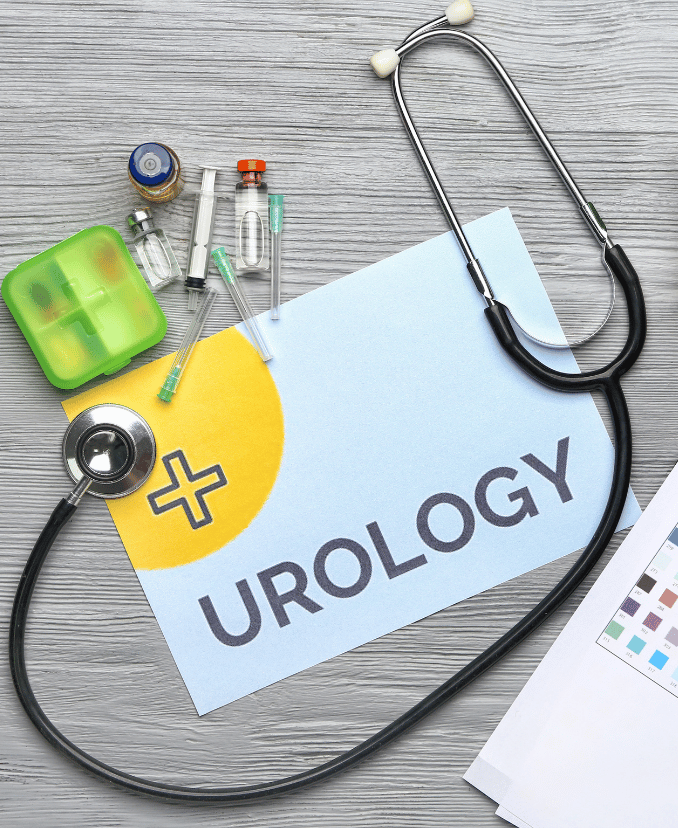Chlamydia in Korea – What You Need to Know and How to Treat It
Chlamydia is one of the most common sexually transmitted infections (STIs) worldwide—and it's no different in Korea. Often symptomless, chlamydia can quietly cause long-term complications if left untreated. The good news? It’s easy to detect and treat with a simple course of antibiotics.

What Is Chlamydia?
Chlamydia is caused by the bacterium Chlamydia trachomatis and is typically spread through unprotected vaginal, anal, or oral sex. Many people carry the infection without knowing it, making regular testing especially important.
Common Symptoms
Most people with chlamydia have no symptoms. When symptoms do appear, they may include:
- Painful urination
- Genital discharge
- Lower abdominal or pelvic pain
- Painful intercourse (in women)
- Testicular discomfort (in men)
Even without symptoms, the infection can still be transmitted to partners.
Testing for Chlamydia in Korea
Chlamydia testing is widely available across Korea at:
- Urology and gynecology clinics
- Women’s health centers
- Foreign-friendly clinics in areas like Gangnam or Itaewon
Testing usually involves a urine sample or a swab from the affected area. Results are typically available within 1–2 days.
Chlamydia Treatment in Korea
Treatment is simple, safe, and effective:
- Azithromycin (single dose), or
- Doxycycline (taken for 7 days)
Patients are advised to avoid sexual contact for at least one week after completing treatment and to ensure partners are tested and treated as well.
Why Prompt Treatment Matters
Untreated chlamydia can lead to:
- Pelvic Inflammatory Disease (PID)
- Infertility in both men and women
- Increased risk of ectopic pregnancy
- Higher chances of HIV transmission
Discreet & Professional Care in Gangnam
Clinics like Trueman Urology Clinic in Gangnam, Seoul, offer fast, private STD testing and same-day treatment in a respectful and foreigner-friendly environment. English-speaking doctors are available, and all visits are confidential.
Don't wait for symptoms. Get tested, treated, and protected—with expert care right here in Korea.
What Is HPV?
HPV is a viral infection spread through skin-to-skin contact, most often during sexual activity. There are over 100 types of HPV. Some types cause harmless warts, while others are linked to cervical, anal, penile, and throat cancers.
Common Symptoms
Most people don’t know they have HPV. But when symptoms appear, they may include:
- Small, flesh-colored bumps or clusters in the genital area
- Itching or irritation
- In women: abnormal Pap smear results
Remember: No visible symptoms doesn't mean you're virus-free. Regular testing is key.
HPV Testing in Gangnam
Many Gangnam clinics offer:
- Visual exam for genital warts
- Pap smear and HPV DNA testing (for women)
- Anal Pap testing (if needed)
For men, diagnosis is typically made through visual inspection or biopsy if warts are present.
HPV Treatment Options
There is no cure for the HPV virus itself, but visible symptoms like genital warts can be treated effectively. Treatment options include:
- Cryotherapy (freezing)
- Topical creams
- Laser or electrosurgical removal
High-risk strains (the ones linked to cancer) are monitored through regular check-ups and Pap tests.
Prevention: The HPV Vaccine
In Korea, the HPV vaccine (Gardasil 9) is available at most Gangnam clinics. It’s recommended for:
- Girls and boys aged 11–26
- Adults up to 45 (case-by-case basis)
- Anyone seeking to reduce cancer and wart risk
Where to Go in Gangnam
Foreigner-friendly clinics in Gangnam, such as urology and dermatology centers, offer:
- Discreet testing
- English-speaking staff
- Same-day treatment plans
If you're concerned about HPV or genital warts, don’t wait. Early detection and care can prevent long-term complications.

